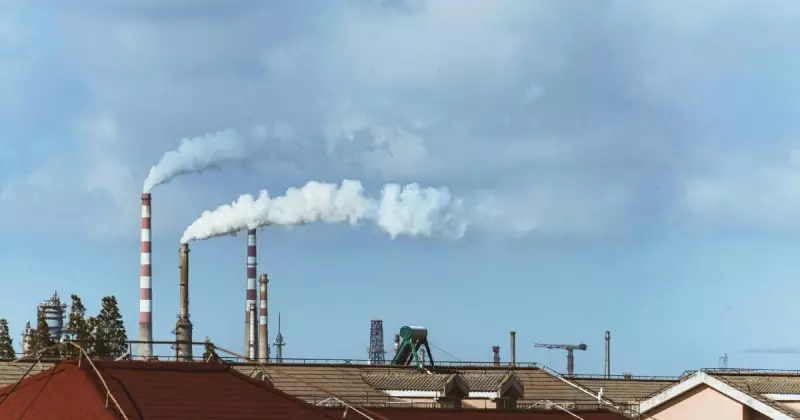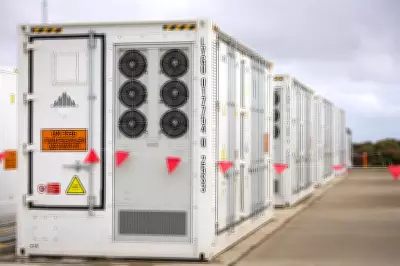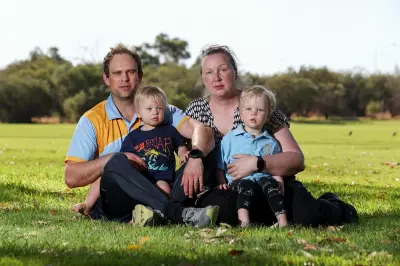
In a robust defence of technological progress within the coal sector, FutureCoal CEO Michelle Manook has challenged what she describes as "doomsday" rhetoric that overlooks significant advances in emissions reduction technology.
The Democracy of Energy Debate
Speaking after her National Press Club address on November 20 2025, Manook emphasised that authoritarian states silence opposing voices, not democracies that value balanced discussion. She referenced Microsoft co-founder Bill Gates, who has similarly characterised extreme pessimism about energy solutions as "overblown rhetoric."
"The Paris Agreement established a decade ago that multiple pathways exist for addressing climate challenges while improving global living standards through reliable energy," Manook stated.
Technological Reality Versus Rhetoric
Manook directly addressed criticisms from commentator Ian Dunlop, who she claims dismisses major innovations in the coal value chain as "niche" despite compelling evidence to the contrary.
Carbon Capture and Storage (CCS) technology now enables emissions reductions exceeding 90 percent, with projects like Huaneng Longdong in China capturing 1.5 million tonnes of CO2 annually. Similarly, High Efficiency, Low Emissions (HELE) coal plants represent substantial improvements over traditional coal technology.
"We're not defending yesterday's coal technologies," Manook clarified. "The industry accepts climate science and is focused on developing a modern, advanced coal ecosystem that reduces emissions throughout mining and power generation."
Global Energy Realities
The FutureCoal CEO challenged what she called the "Canberra bubble" mentality that ignores the energy needs of developing nations. She emphasised that billions of people depend on coal-powered economic development to escape poverty.
Manook noted that when countries like China, India, Indonesia and Pakistan discuss "clean energy" investments, they include coal with low emissions technology alongside renewables in their energy mix.
Global management consultants McKinsey support this realistic assessment, acknowledging in their latest annual energy report that coal and other non-renewables will remain major energy sources worldwide through 2050.
"On that basis, shouldn't we continue innovating to achieve twin benefits: reliable energy economics and a cleaner climate through emissions reductions?" Manook questioned.
She concluded with a call for constructive dialogue: "We don't need to be adversaries. We both need to acknowledge the realism in the world as it is, not as we wish it to be."





